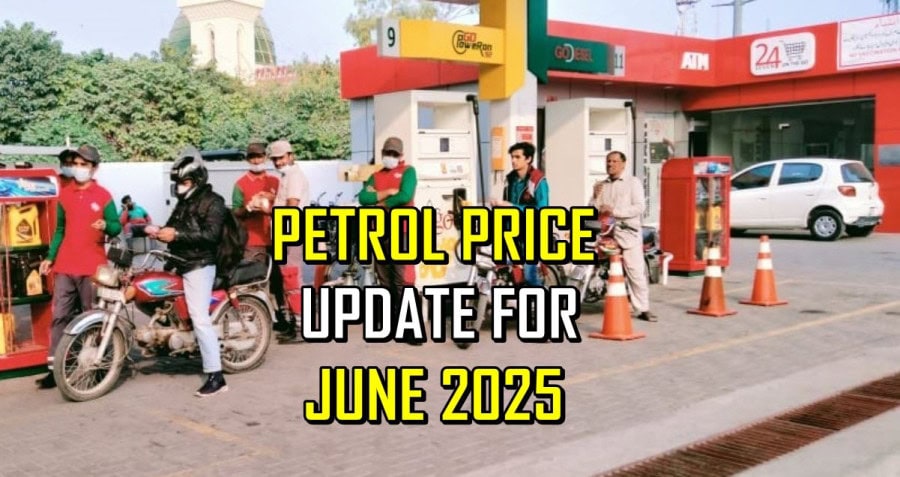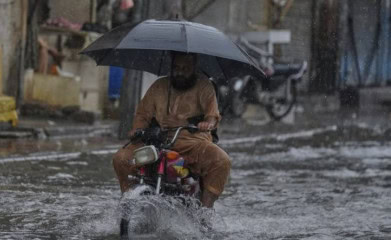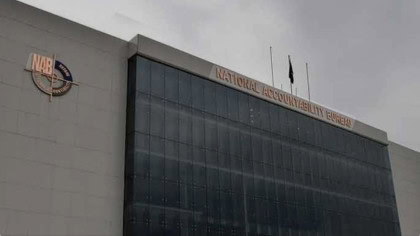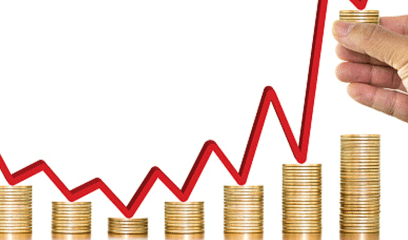ISLAMABAD – Petrol price in Pakistan is expected to increase in upcoming fortnightly review for June 2025 as global oil prices have witnessed upward trend amid Iran-Israel escalation.
Oil prices jumped 7 percent in international market as Israel and Iran traded air strikes, a development that could disrupt oil supply from Middle East.
Brent crude futures settled at $74.23 a barrel, up $4.87, or 7.02% on Friday. It was 12.5% higher than a week ago.
On the other hand, US West Texas Intermediate crude finished at $72.98 a barrel, up $4.94, or 7.62%.
Expected New Petrol Prices in Pakistan from June 16
Amid rising tension in the Middle East, reports claimed that the petrol price could increase by Rs4.38 per litre, taking the price to Rs258.01 per litre from existing Rs253.63.
Similarly, the high speed diesel price is likely to move up by Rs5.02 per litre, taking the rate to Rs259.66 per litre from current Rs254.64.
| Fuel Type | Current Price (Rs/litre) | Expected Increase (Rs) | Expected New Price (Rs/litre) |
|---|---|---|---|
| Petrol | 253.63 | +4.38 | 258.01 |
| High Speed Diesel | 254.64 | +5.02 | 259.66 |
However the final decision will be taken by the government on June 15 in light of the recommendations to be sent by the Oil and Gas Regulatory Authority (OGRA). The new petrol prices will come into effect from June 16.
Carbon Levy Proposed
Meanwhile, imposition of a carbon levy on petroleum products has been proposed in the federal budget for the fiscal year 2025-26.
Carbon levy of Rs 2.5 per liter is expected to generate around Rs 48 billion in the next financial year.
The levy on motor spirit and high-speed diesel will be doubled to Rs 5 per liter in the following fiscal year which will generate Rs96 billion in 2026-27.
In addition to the existing petroleum levy, a carbon levy of Rs 2 per liter (Rs 2,665 per metric ton) will be imposed on furnace oil. It will be enhanced to Rs 5 per liter in the following financial year.
For imposing carbon levy, the federal government will amend the Petroleum Products (Petroleum Levy) Ordinance 1961. It will boost revenue while addressing environmental concerns linked to fossil fuel consumption.



















